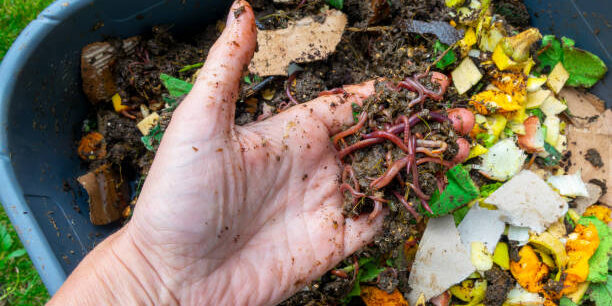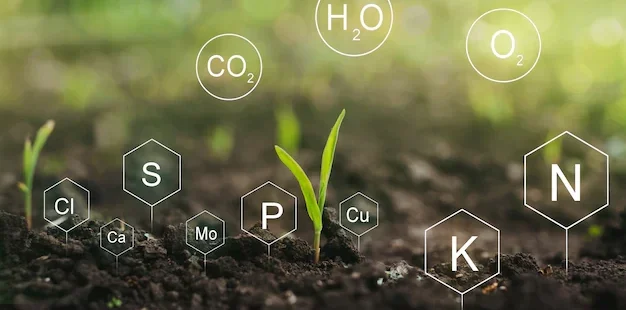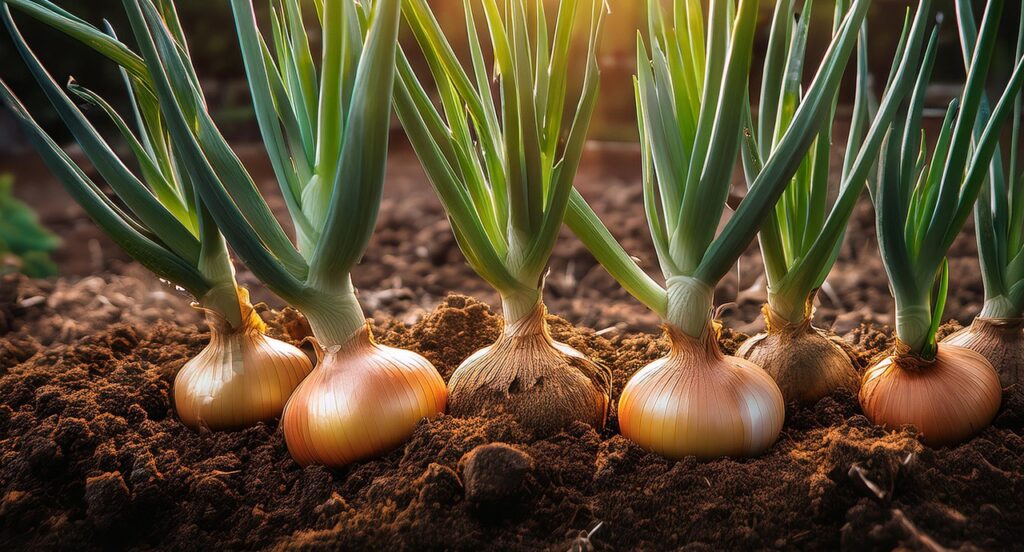How Organic Farmers Fertilize
Table of Contents
ToggleIntroduction:
Although organic farming is a growing trend worldwide, farmers want to produce healthier food while reducing their environmental impact. Also, one of the key points of organic farming is using organic fertilizers. Unlike conventional fertilizers, which lead people to rely heavily on synthetic chemicals, organic fertilizers are derived from natural sources, increasing soil health and sustainability. This blog post discusses how organic farmers can fertilize their crops. We will also explore how fertilizer methods can contribute to a more sustainable and environmentally friendly approach to agriculture.

How Organic Farmers Fertilize:
1. Compost: Compost is considered one of the most widely used organic fertilizers. It is made from decayed plant material, animal manure, and other organic wastes. Compost improves soil structure, adds essential nutrients, and helps retain moisture. Some people use Green Manure compost manure to increase the fertility of their soil naturally. They create a rich, nutrient-packed mixture that is spread throughout the field to nourish crops.
2. Green manure: Green manure is that which is re-cultivated into the soil especially to improve the quality of plants. Legume crops such as clover, peas, and soybeans are commonly used as lawn fertilizers because they add nitrogen to the soil, which is considered essential for plant growth. Once the plants have grown and matured, they can be incorporated into the soil to release nutrients, enrich the soil microorganisms, and promote better water retention.
3. Animal manure: Animal manure is another important organic fertilizer. It contains nitrogen, phosphorus, potassium, and other nutrients that help plants grow. Those farmers can use manure from cows, chickens, sheep, and other farm animals. Organic farmers usually allow the manure to compost first to reduce the risk of pathogens and to ensure that its nutrient value is fully available to plants. Manure helps to enrich the soil and also adds to its organic matter list.
4. Fish Mixture and Seaweed Extract: Fish mixture is a natural fertilizer made from fish waste and contains nitrogen, phosphorus, and other trace elements. Seaweed extracts derived from seaweed are also popular among organic farmers as they contain a high range of beneficial minerals and micronutrients for plants. Both fish emulsion and seaweed extract can be used to increase soil fertility and promote plant health.
5. Cover crops: Cover crops are grown not for harvesting but to protect the soil and improve its quality. These crops, such as rye, vetch, and buckwheat, are planted to prevent soil erosion, suppress weeds and increase soil fertility. When cover crops are tilled into the soil, they help add organic matter, improve nutrient cycling, and help balance soil pH levels.

Why Organic Farmers Choose Natural Fertilizers:
The use of natural fertilizers is the focus of organic farming as it is compatible with maintaining ecological balance. Organic farmers aim to improve soil health and fertility by working with nature rather than relying on harmful chemicals. Using natural fertilizers supports biodiversity, conserves water, reduces carbon footprint, and promotes environmental health. The result is not only a high-quality product but also a healthier environment for future generations.
Conclusion:
Organic farming is a way to provide a sustainable alternative to conventional farming, and organic fertilization of crops plays an important role in this practice. By using natural fertilizers such as compost, green manure, animal manure, fish emulsion, and cover crops, organic farmers ensure that their crops grow in nutrient-rich soil while promoting long-term soil health. The organic farming approach not only benefits the environment but also provides healthier food to consumers. As demand for organic produce continues to rise, more farmers are adopting these eco-friendly fertilizer techniques to protect the earth and its people.
Frequently Asked Questions:
Organic fertilizers are natural substances derived from plant, animal, or mineral sources. They are used to add nutrients to the soil to promote long-term soil health and support sustainable farming practices.
Unlike synthetic fertilizers that are created using chemical processes, organic fertilizers come from natural sources. Organic fertilizers release nutrients slowly, improving soil structure and health, while synthetic fertilizers can cause nutrient imbalances and degrade the soil over time.
Yes, organic fertilizers can be used on a wide variety of crops, including fruits, vegetables, grains, and herbs. They can be tailored to meet the specific needs of each crop, promoting better growth.
Organic fertilizers may be more expensive initially due to labor-intensive production processes, but they provide long-term benefits by improving soil health and reducing the need for chemical inputs. Over time, organic farming leads to cost savings and higher-quality crops.
The frequency of application of organic fertilizers depends on factors such as soil type, crop requirements, and environmental conditions. Generally, organic fertilizers are applied at the beginning of the growing season and additional applications can be made later in the growing cycle as needed.
